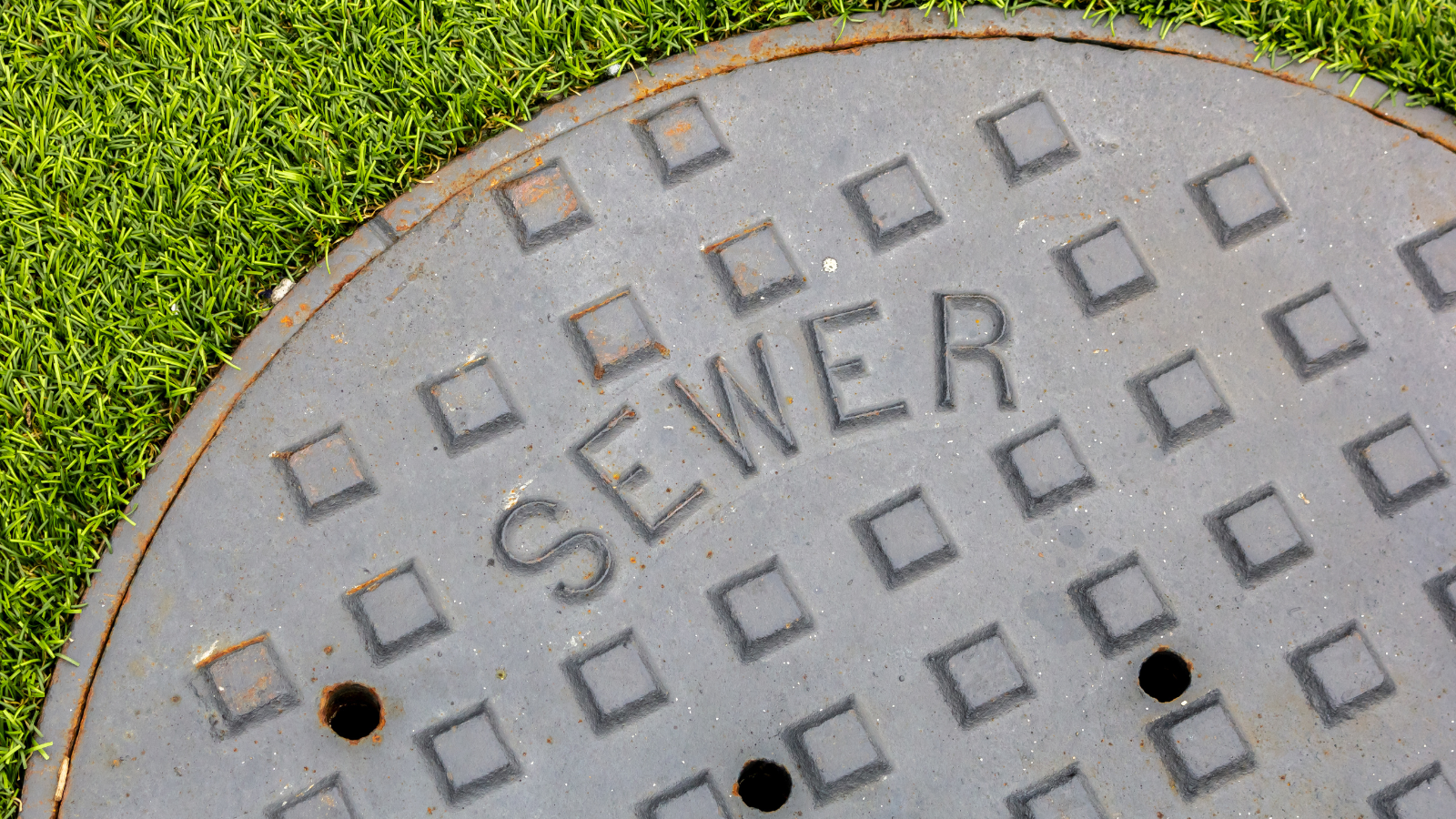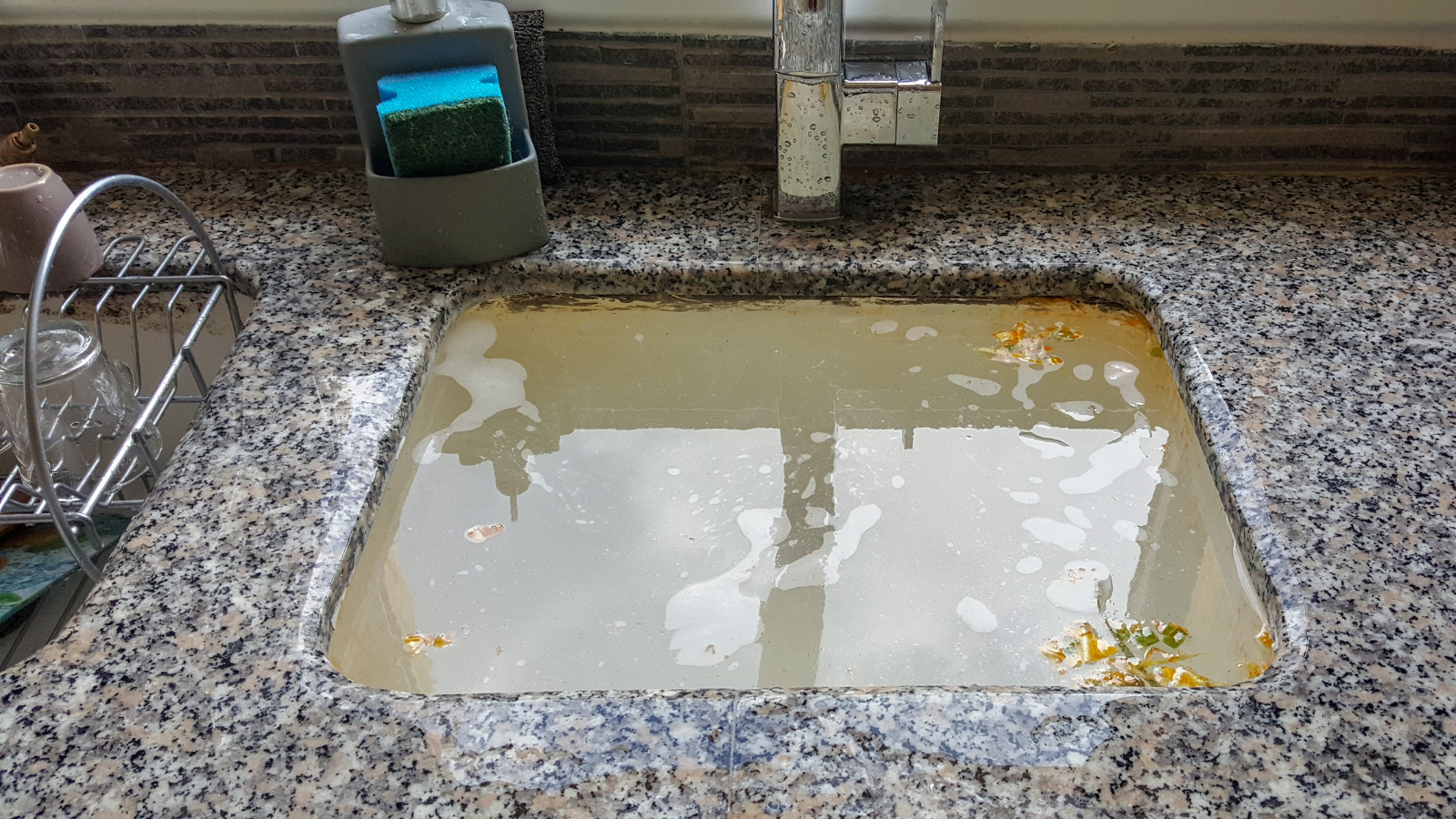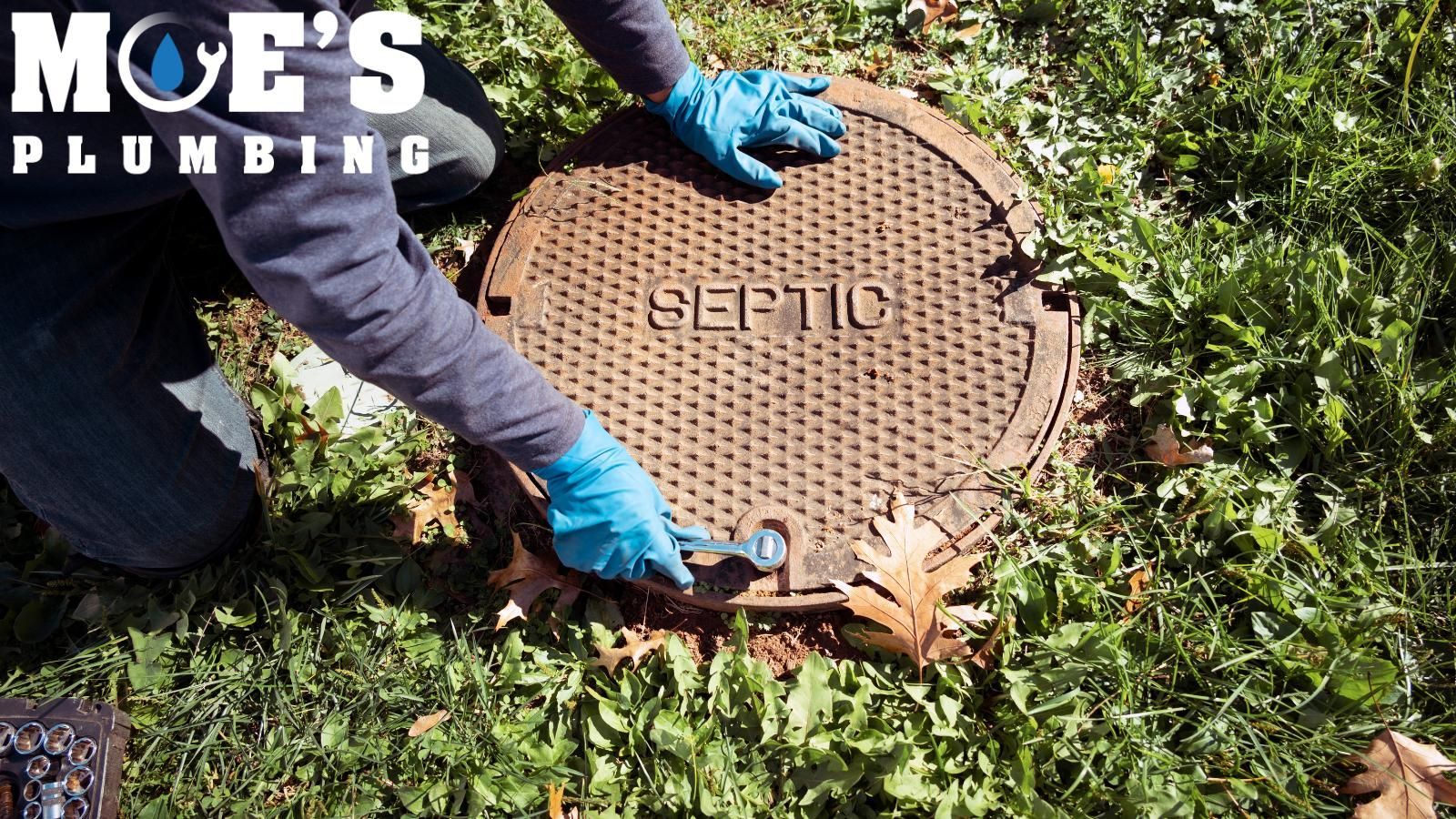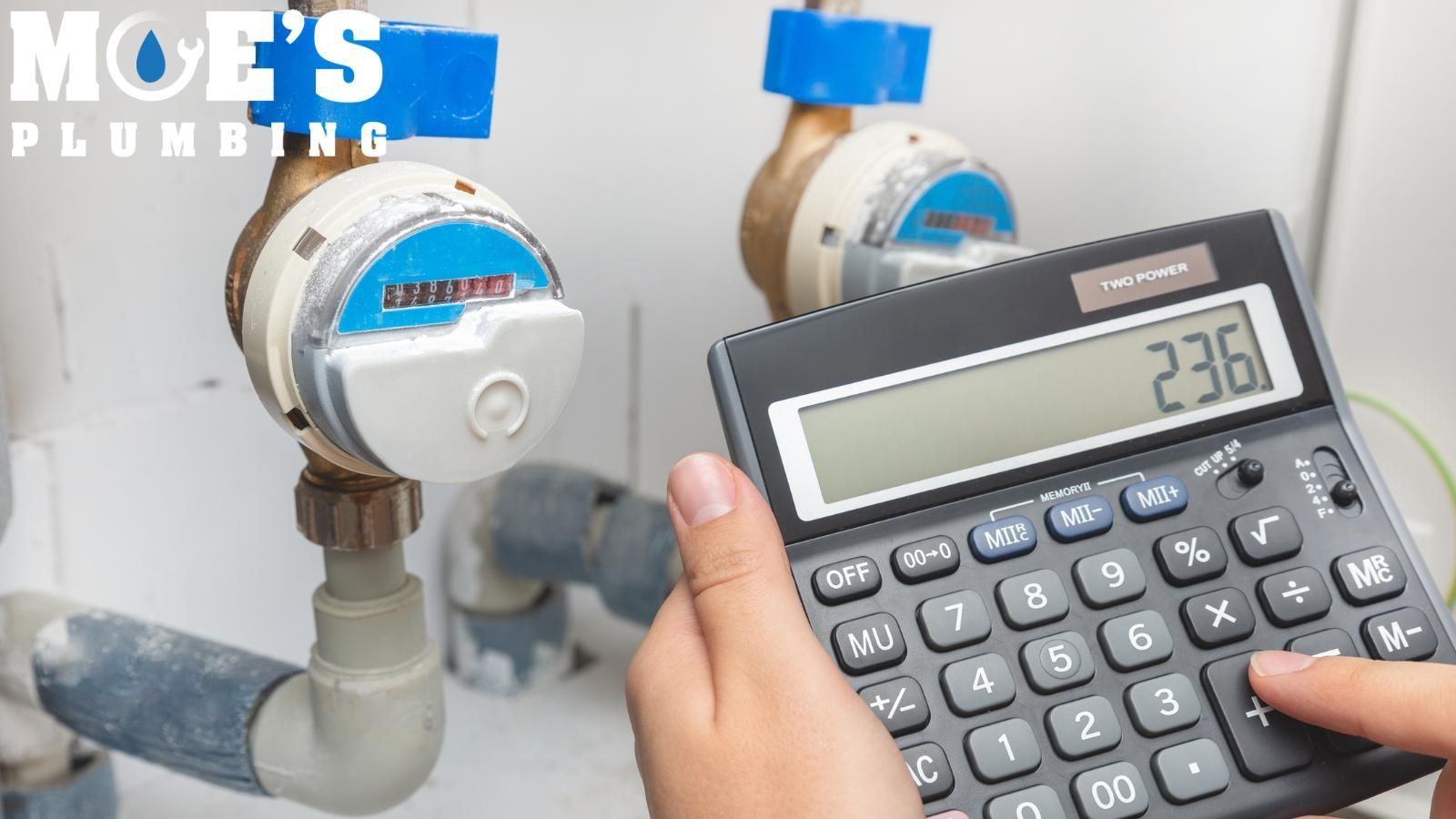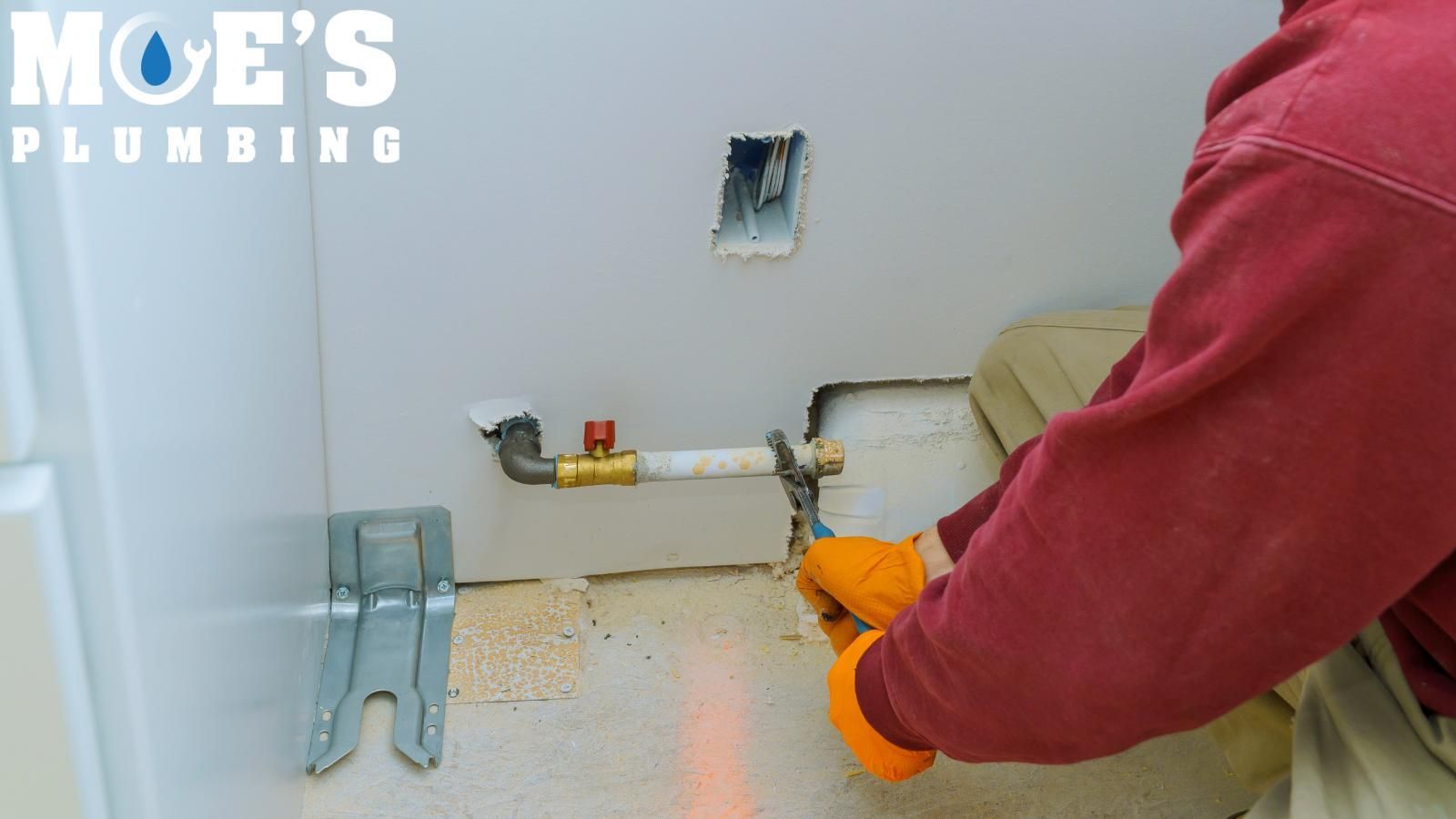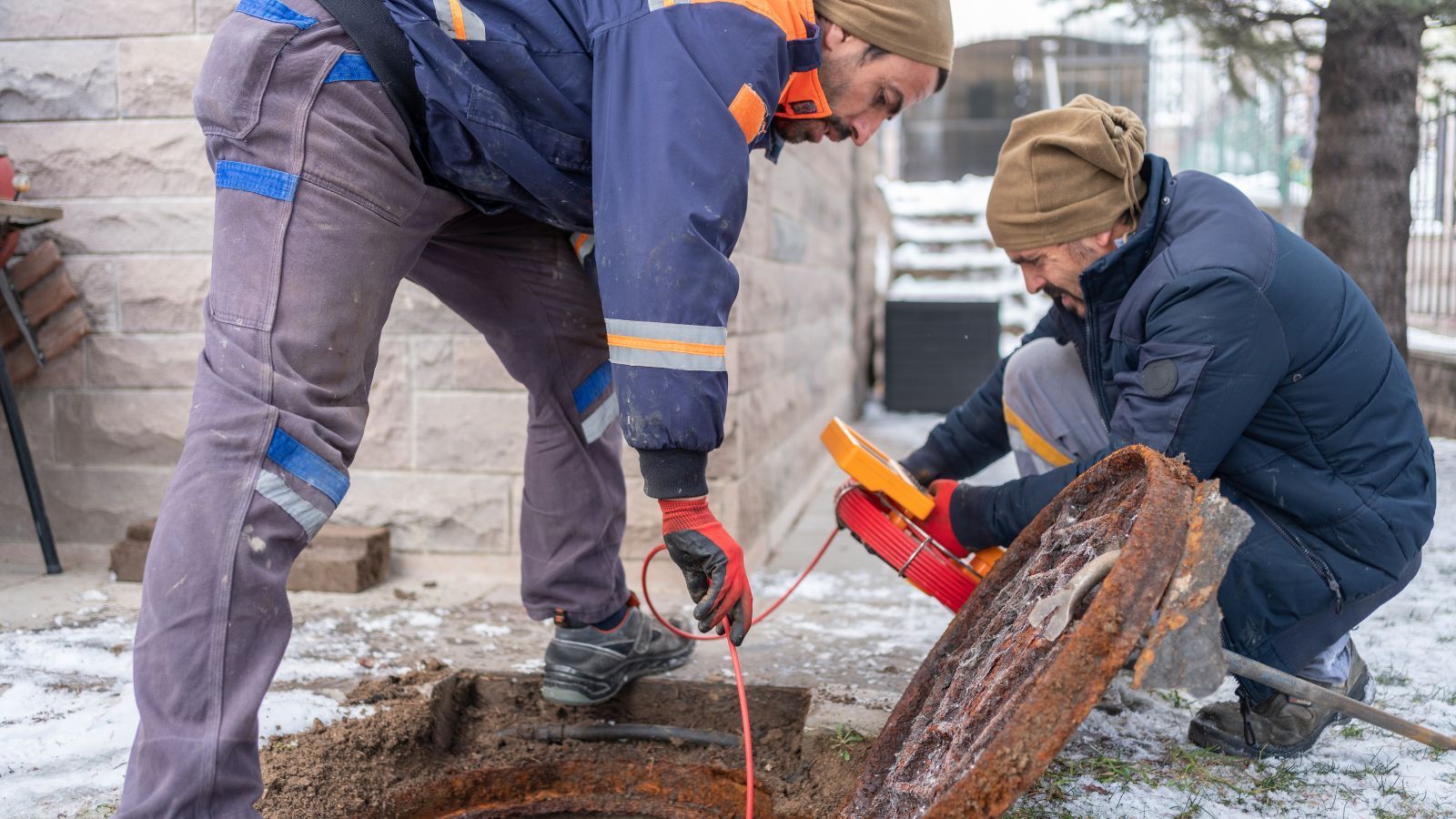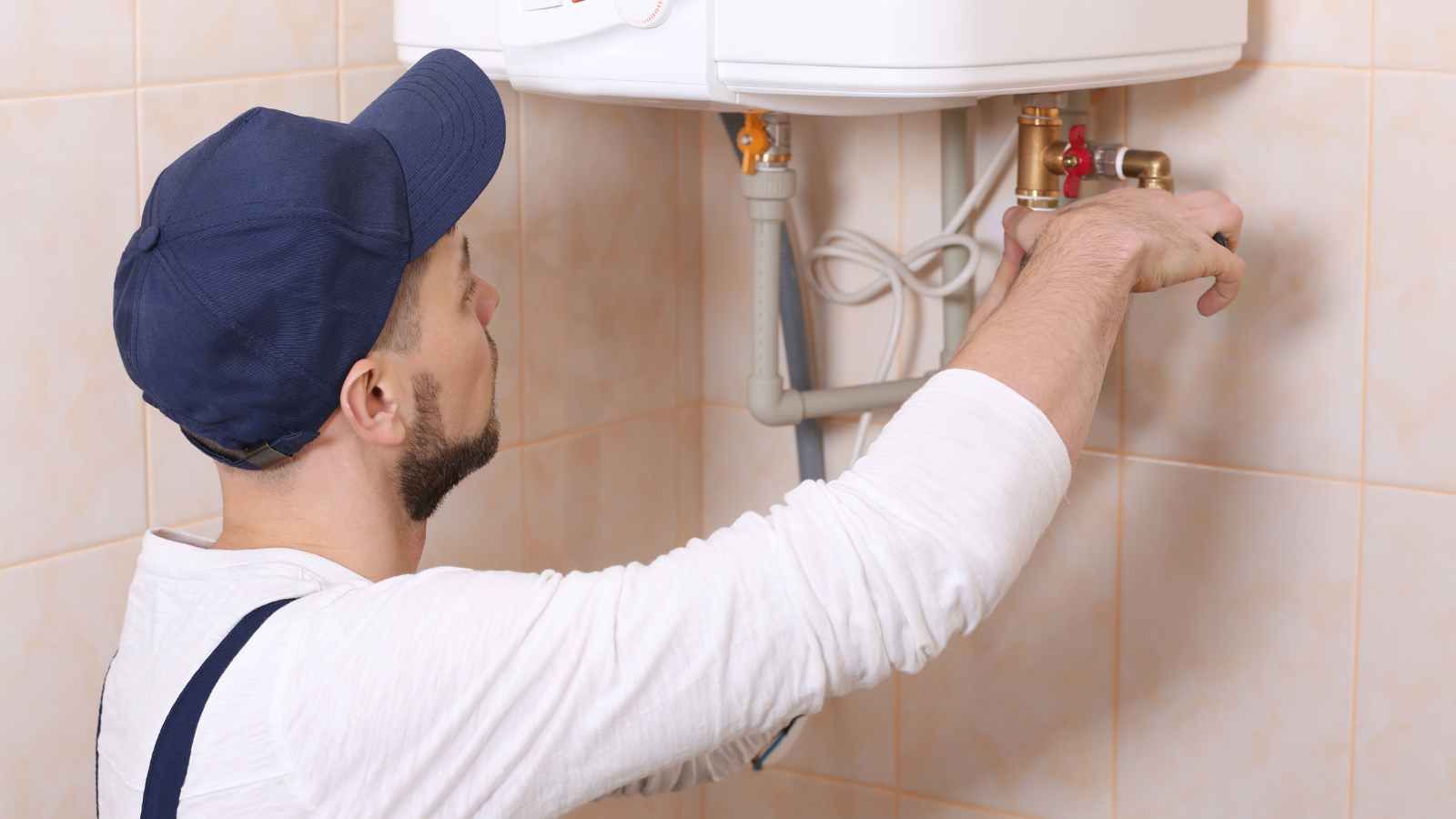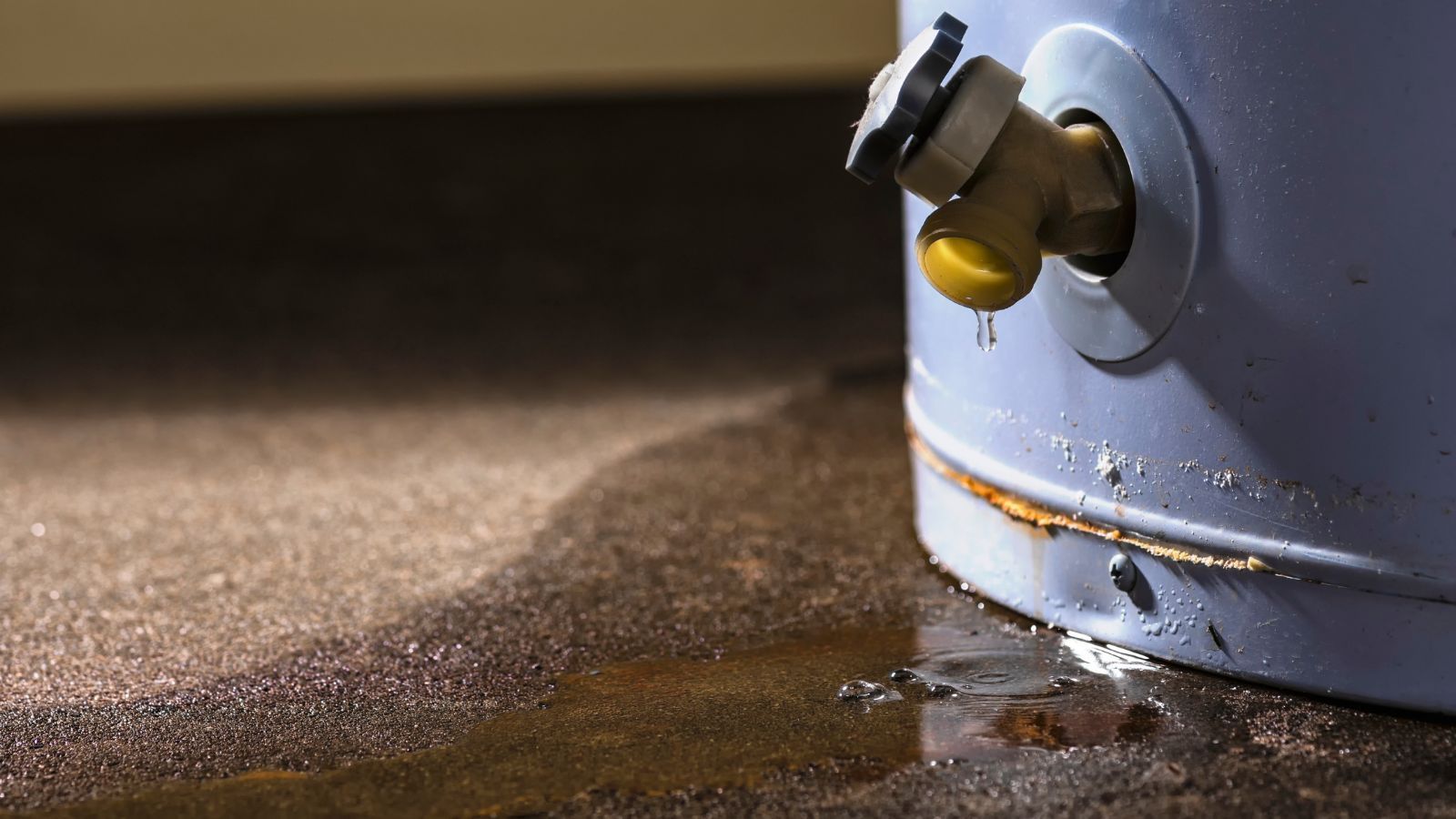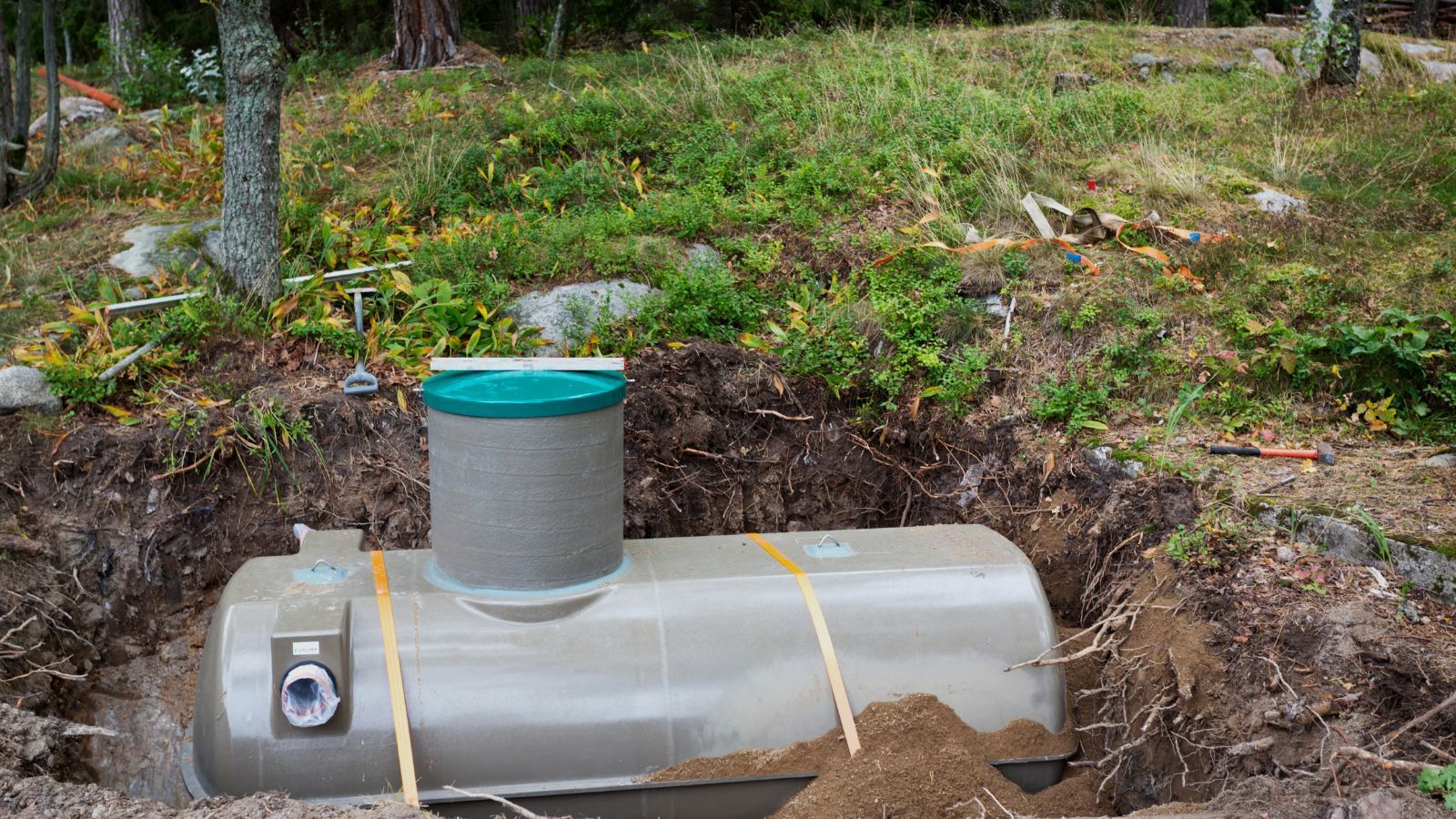Are Drain Cleaners Bad for Pipes? The Risks and Safer Alternatives
Drain cleaning products like liquid drain clog removers are often the go-to solution for many homeowners. These pipe clog removers might offer an easy fix, but they harm your plumbing system. In this article, we’ll explain why relying on these harsh cleaners could lead to costly damage and discuss safer, more effective alternatives for keeping your drains clean and functioning.
In this post, we will cover:
- The science behind the damage caused by drain cleaners
- The risks of using drain cleaner in toilets
- The impact chemical drain cleaners can have on the environment
- Safer alternatives to chemical drain cleaners
How Liquid Drain Cleaners Can Damage Your Pipes

Most liquid drain cleaners and sink clog removers come packed with harsh chemicals like lye or sulfuric acid. Sure, they can blast through clogs initially, but they have a sneaky side – they erode your pipes. These chemicals may break down blockages, but they munch away at the inside of your plumbing. Plastic pipes or older metal plumbing systems are especially at risk, and not following the application instructions can dramatically increase your chances of pipe damage and costly repairs in the future.
The Science Behind the Damage Caused by Drain Cleaners
When mixed with water, harsh chemicals like lye or sulfuric acid react aggressively in your pipes. This reaction often generates heat, weakening the structural integrity of pipes, especially when used repeatedly. PCV pipes, commonly used in modern plumbing, can warp or soften under this heat, while older metal pipes such as galvanized steel or copper, are prone to corrosion. Consistent exposure to these chemical reactions compounds the risk of cracks, leaks, or complete pipe failures.
The Risks of Using Drain Cleaners on Toilets
The harsh chemicals of drain cleaners pose serious risks to toilets. The corrosive lye or sulfuric acid chemicals in drain cleaners can weaken the rubber seals, lead to improper flushing, and damage the porcelain of the toilet bowl itself. These chemicals can cause cracks or discoloration ultimately reducing the lifespan of your toilet.
Older plumbing systems made from cast iron, galvanized steel, or copper are particularly susceptible to harm. The corrosive nature of drain cleaners can erode these materials, increasing the likelihood of rust, leaks, or even full pipe collapse. The damage may not be immediate, but repeated use of drain cleansers can cause significant long-term deterioration, resulting in costly repairs. Chemical reactions caused by these cleaners are even harsher on aging pipes, which are more susceptible to these chemical reactions.
The Environmental Impact of Chemical Drain Cleaners
Using chemical drain cleaners may seem like a magic potion to unclog pipes, but they're more like a wicked brew. Loaded with toxic ingredients like lye, sulfuric acid, and bleach, these cleaners do more than clear your drains. They contaminate water and sneak into local ecosystems, wreaking havoc on aquatic life and turning peaceful streams into chemical soup. Even our hardworking wastewater treatment plants can’t catch every drop of bad stuff from entering water supplies.
Pouring leftover cleaner down the drain is harmful to groundwater supplies. Long-term exposure to contaminated water poses health issues from skin irritation to more serious health problems.
Eco-friendly alternatives are here to save the day!
Plant-based drain cleaners or good old-fashioned drain snakes will do the job without turning your pipes into a chemistry experiment. Go green and protect your plumbing while promoting healthier communities.
What Are Safer Alternatives to Chemical Drain Cleaners?
Thankfully, there are safe and equally effective alternatives for cleaning clogged drains.
Enzymatic cleaners use good bacteria and enzymes to break down the organic material that clogs up drains. They’ll do the job without generating heat or corrosion and are safe for plastic and metal pipes.
The classic baking soda and vinegar solution can work wonders for cleaning drains. These kitchen staples create a fizzing action that helps break down clogs and deodorize your drains.
Baking soda and vinegar are non-toxic and will not harm your plumbing or the environment.
Drain snakes are simple tools that safely and effectively remove drain clogs without pouring any questionable substances into your pipes.
It’s time to call in the pros when you encounter stubborn clogs that won’t budge. Rather than relying on harmful chemicals, call a professional plumber instead. They have the right tools and expertise to clear the toughest blockages without risking damage to your plumbing system.
Protect Your Pipes with Safer Solutions
Chemical drain cleaners may seem like a convenient fix but they can erode pipes, cause leaks, and lead to expensive repairs. Instead of risking long-term damage, opt for safer alternatives like enzymatic cleaners, baking soda and vinegar solutions, or drain snakes. Calling a professional plumber is your best course of action for stubborn clogs.
For drain cleaning services that will protect your plumbing system, the environment, and your wallet, reach out to
Moe’s Plumbing today at
870-557-1755.
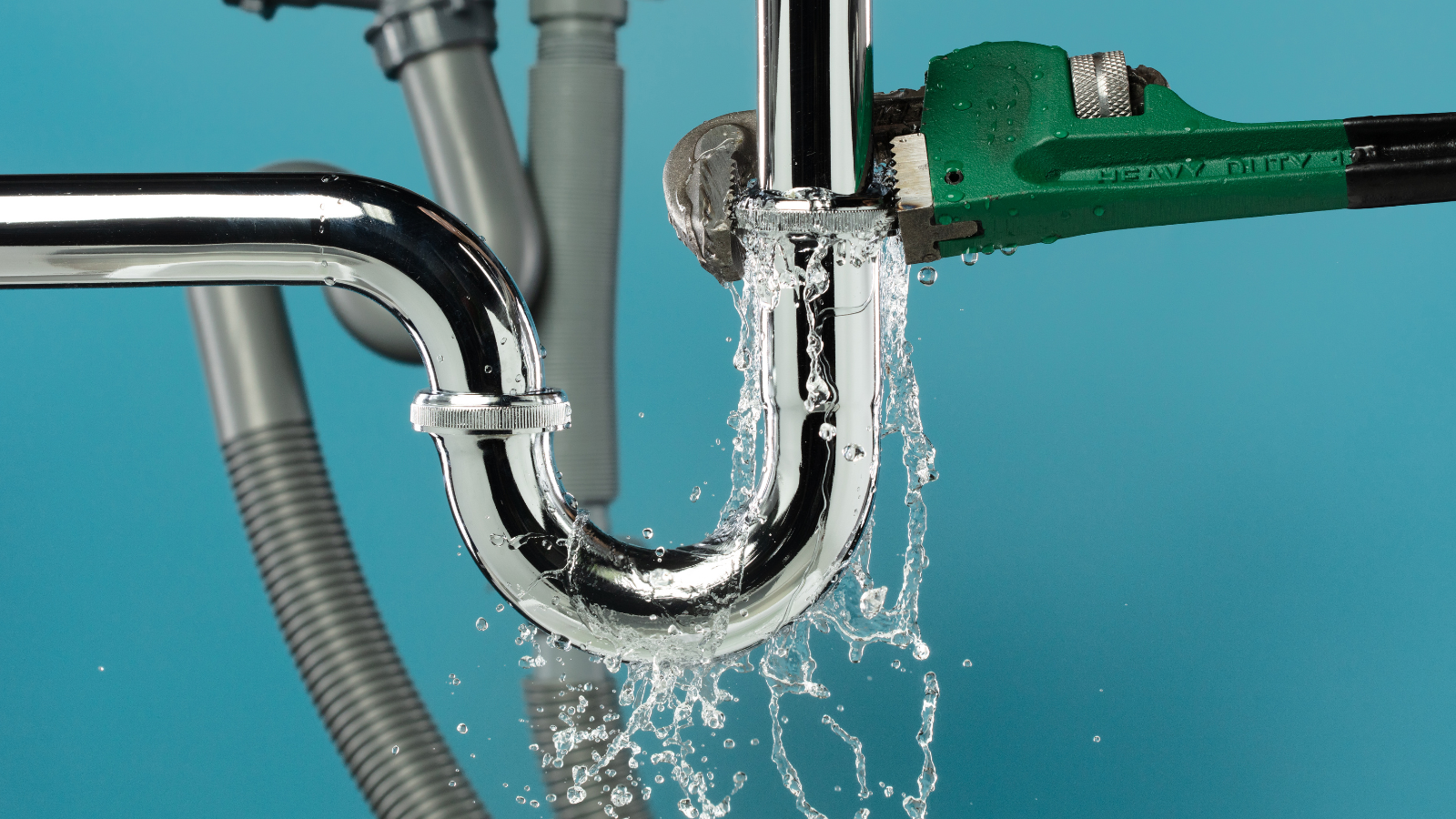

See What Our Customers Are Saying
